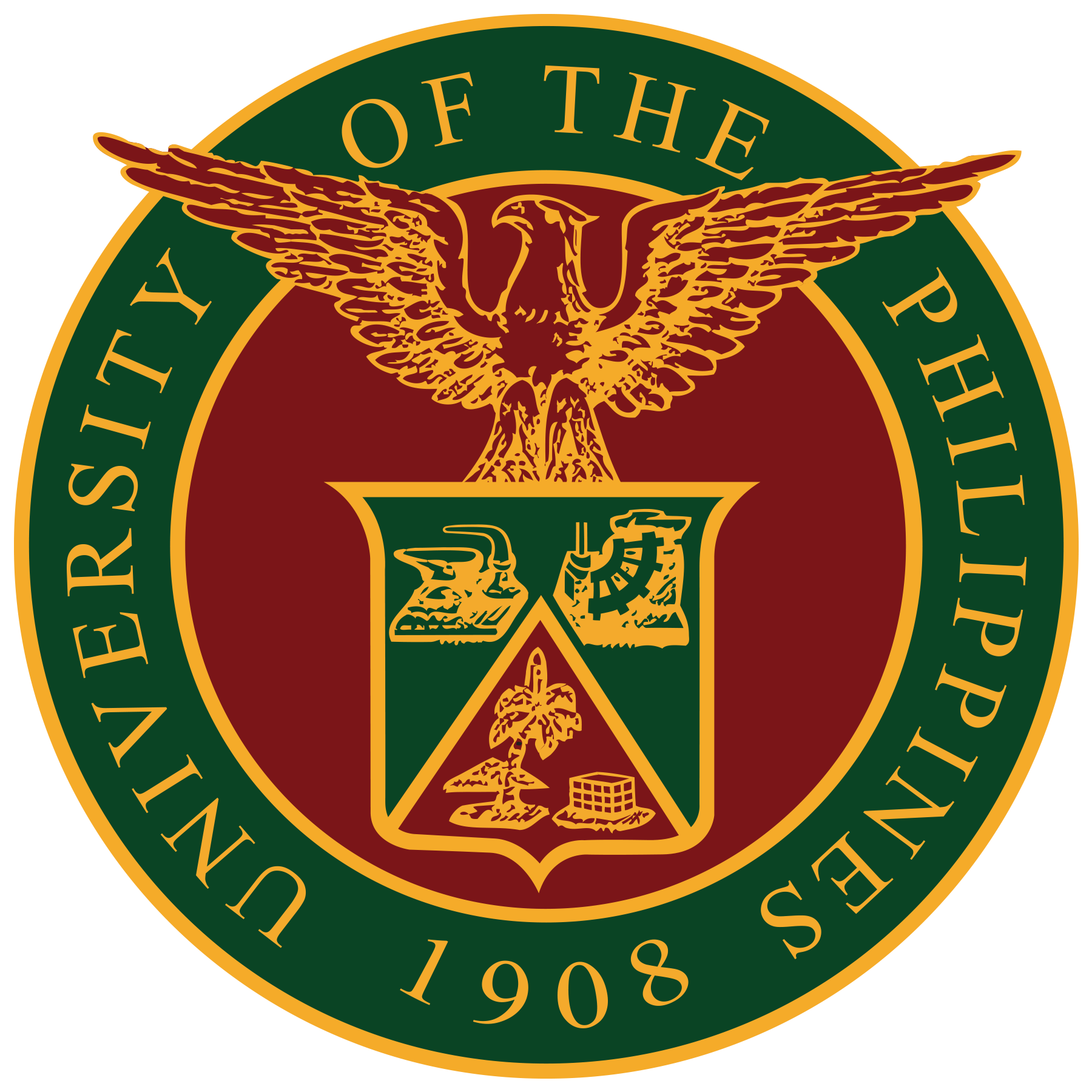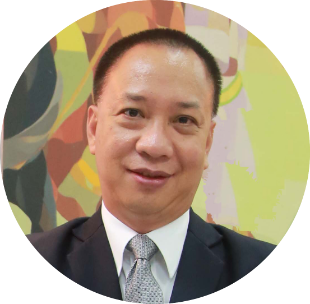ODSC Free in-person meetup in Manila
Date: September 8th 2022 Time: 5 pm-6.30 pm PHST (GMT+8)
Talk Title#1: Building Efficient Deep Neural Networks
Abstract:
Model efficiency is crucial in AI applications to improve user experience, minimize environmental impact and reduce operational costs. Building efficient deep neural networks examines the sources of model overheads and presents techniques to boost inference efficiency. Both theoretical and experimental validations will be presented for CNN and transformer models.
Talk Title#2: Self-Supervised Learning for NLP and CV
Abstract:
Supervised learning models are trained from labeled datasets where the model learns the function mapping from inputs to desired outputs and aims to minimize prediction or regression errors. While the supervised learning paradigm has proven itself in creating models with state of the art performance in numerous tasks, it is highly reliant on the availability of huge amounts of high- quality data labels, which are oftentimes difficult or expensive to obtain.
In this talk, you will be introduced to a new paradigm called semi-supervised learning where models are trained in a supervised or unsupervised fashion using unlabeled data. We will have a quick overview the different approaches of this paradigm for Computer Vision and Natural Language Processing tasks.
• Virtual ODSC APAC 2022 September 7th-8th - https://hubs.li/Q01bgr6W0
Supported by:


Rowel Atienza
Professor at the Electrical and Electronics Engineering Institute of the University of the Philippines
He holds the Dado and Maria Banatao Institute Professorial Chair in Artificial Intelligence. Rowel has been fascinated with intelligent robots since he graduated from the University of the Philippines. He received his MEng from the National University of Singapore for his work on an AI-enhanced four-legged robot. He finished his Ph.D. at The Australian National University for his contribution on the field of active gaze tracking for human-robot interaction. Rowel’s current research work focuses on AI, computer vision, speech and language. He dreams of building useful machines that can perceive, understand, and reason. Rowel has been supported by grants from the University of the Philippines and Commission on Higher Education-Philippine California Advanced Research Institutes (CHED-PCARI). Rowel authored the Advanced Deep Learning with Keras and TensorFlow2 book (1st and 2nd ed) and publishes in top AI/Robotics/Computer Vision/Signal Processing conferences suchs as ICRA, ECCV, WACV, ICDAR and ICASSP. Dr. Atienza played a key role in formulating the new MEng and PhD AI programs at the University of the Philippines, Diliman.

Prospero C. Naval, Jr., PhD
Professor at Department of Computer Science University of the Philippines and Laboratory Head of Computer Vision and Machine Intelligence Group
He is the Founder and the current Laboratory Head of the Computer Vision and Machine Intelligence Group (CVMIG) of the same department where he leads a group of research students focused on the application of machine learning to solve problems in healthcare, environment, and education. His current research interests include Underwater Computer Vision, Intelligent Control of Underwater Autonomous Vehicles, Swarm Robotics and Computation, and Deep Reinforcement Learning. Dr. Naval is the Founder of Fish-i Analytics, a university spin-off they launched in late 2019 whose mission is to address pressing problems in marine biodiversity preservation by providing AI tools for environmental monitoring, assessment and rehabilitation.
Ai+ Training
In-person Meetup pre-registration
Join ODSC APAC 2022 Virtual Conference
Register now to save 30%